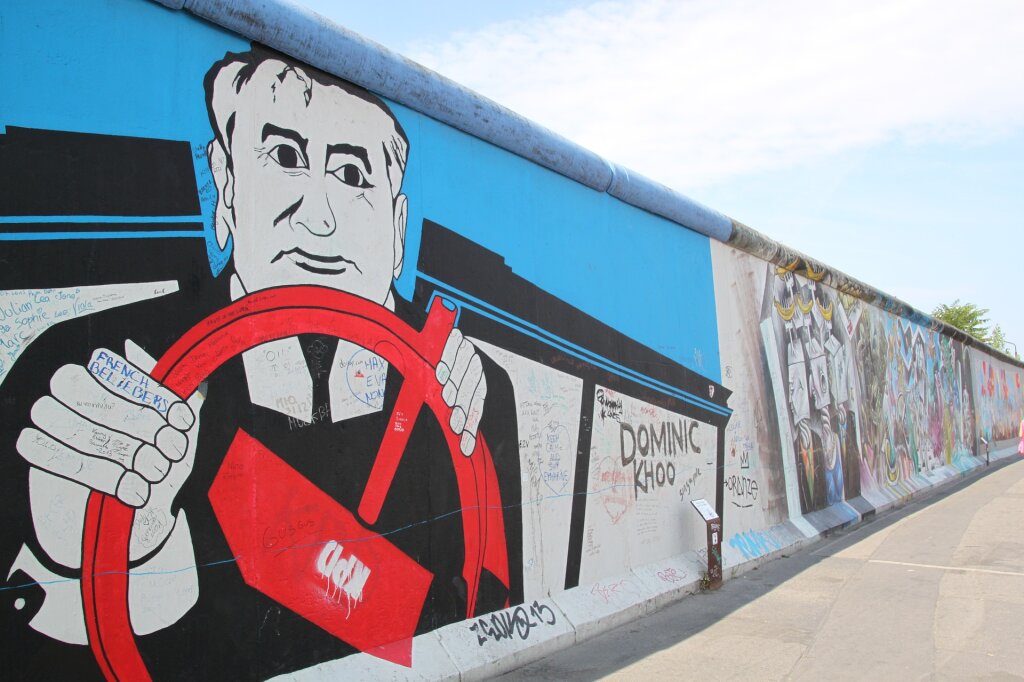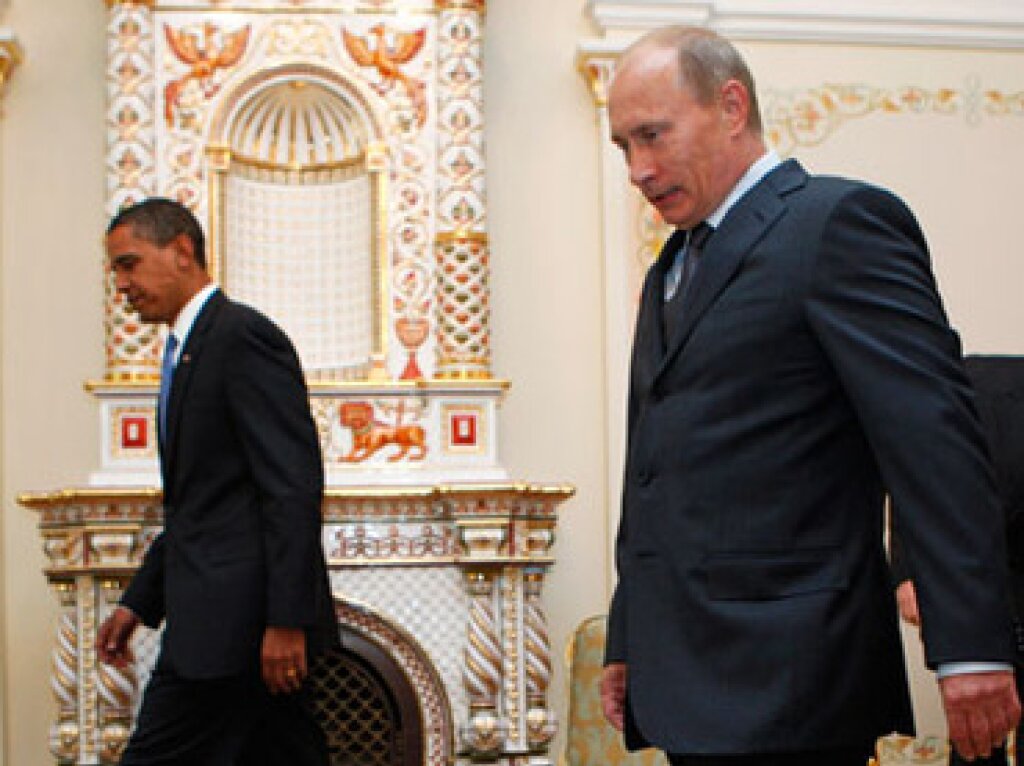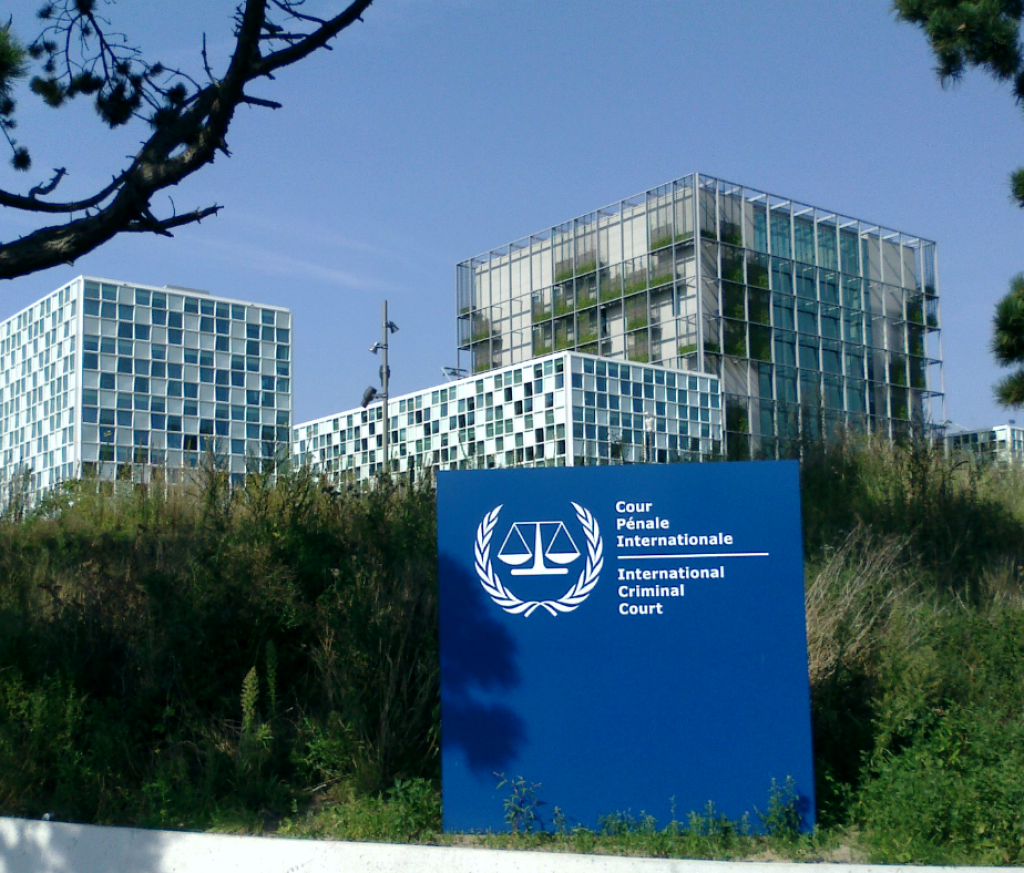The Jordan Center stands with all the people of Ukraine, Russia, and the rest of the world who oppose the Russian invasion of Ukraine. See our statement here.
This article originally appeared on Transitions on 9/1/2022.
Peter Rutland is a professor of government at Wesleyan University in Middletown, Connecticut.
Humpty Dumpty sat on a wall,
Humpty Dumpty had a great fall.
All the king’s horses and all the king’s men
Couldn’t put Humpty together again.
In the outpouring of commentary following the death of Mikhail Gorbachev at age 91 there seems to be a broad consensus about his varying historical legacy, East and West: he is both lauded in the West and loathed inside Russia. China has been less than fulsome in its reaction, with one editorial criticizing Gorbachev for “blindly worshipping the Western system.”
In the West, the contrast between Gorbachev and Putin could not be more stark. Gorbachev opened the door to a free society while Putin is slamming it shut. Gorbachev was a man of peace who ended the war in Afghanistan and withdrew 500,000 Soviet troops from Eastern Europe; while Putin has started three wars. Gorbachev wanted to build a “common European home,” while Putin vilifies the West.
Gorbachev is praised for dismantling the barriers between the Soviet Union and the West, and recognizing that there are common human values uniting the two sides of the Cold War – above all, the need to avoid a nuclear war. He eschewed the use of violence to maintain the Soviet occupation of Eastern Europe – though he was more equivocal about using force to hold together the Soviet Union itself, suppressing nationalist movements in the Baltics and Caucasus. For that reason, the Baltic states – now part of the West – are not joining the chorus of praise.
Within Russia, it is a different story. Gorbachev is blamed for having single-handedly brought about the collapse of the Soviet Union. Russian conservatives think his reforms were ill-conceived from the start; while liberals think his reforms were too little, too late, in that he failed to grant independence to the Baltic republics, and did not embrace full-scale market reform (of the sort which saved the Communist regime in China). In a 2017 poll, only 22% of Russian respondents viewed Gorbachev favorably.
Gorbachev had a complex and antagonistic relationship with his immediate successor, Boris Yeltsin. He had brought Yeltsin into his inner circle, then expelled him – only to see Yeltsin use the free media and free elections which Gorbachev introduced as a platform to propel himself back into power. Yeltsin played the nationalism card, supporting the independence movement in the Baltics and winning election as president of the Russian Republic in June 1991. In the wake of the failed August 1991 military coup, Yeltsin agreed with the other republic leaders to dissolve the Soviet Union in December 1991.
Gorbachev’s stance on Vladimir Putin’s presidency, and the war in Ukraine, is somewhat complex. He has offered mild criticism of Putin on some issues, such as the abolition of election of regional governors in 2004 and his return to the presidency in 2012. Gorbachev regretted the breakup of the Soviet Union, which he blamed on Yeltsin, so it is logical that he would support Putin’s efforts to reintegrate the former Soviet republics. Thus he approved the annexation of Crimea in 2014. As Masha Gessen wrote, “Gorbachev seemed unable to imagine what his country could be, if it wasn’t an empire.” In a December 2021 Novosti interview Gorbachev blamed the West for the rising tension over Ukraine, saying that after the Soviet collapse in the US “arrogance and self-confidence went to their heads.” At the same time, he said it was not too late to seek a collective security understanding through dialog with the West.
Putin and Gorbachev both shared the view that Russia/the Soviet Union should be treated as an equal by the West. But they differ – radically – in the way they went about trying to win that recognition. As Gorbachev biographer William Taubman put it: “Mikhail Gorbachev was a decent man — too decent to be the leader of his country.”
Putin will not be able to put together by force what Gorbachev’s bungled reforms tore apart – but many people will die in the process.



